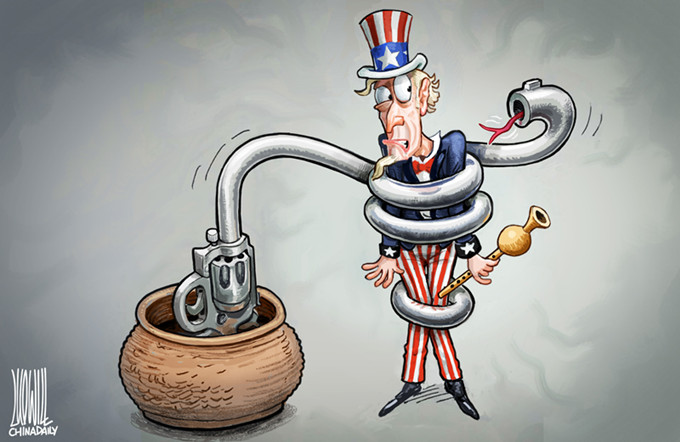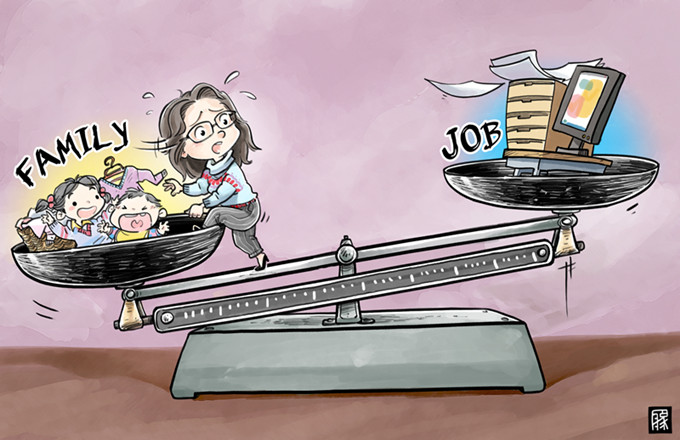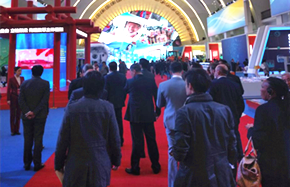Intransigent Abe shuts door to island talks
While many people were expecting relations between China and Japan to take a turn for the better, Japanese Prime Minister Shinzo Abe has shut the door on the possibility. During a debate with the leaders of eight Japanese political parties on June 28, he said he "refused the condition set by China" for a summit with the Chinese side.
It is not difficult to guess that the dispute over the islands in the East China Sea, which are known as the Diaoyu Islands in China and the Senkaku Islands in Japan, is the issue involved. China expects Japan to return to the shared recognition that there is a territorial dispute over the islets.
Abe knows that the leaders of the two countries agreed to shelve the dispute so that they could normalize the diplomatic relations in 1972. However, he and his government have disavowed that consensus reached by past leaders, and they insist that no territorial dispute exists between the two countries.
Yet the dispute was brought into stark relief last year when five of the eight islets were "nationalized" by then ruling Democratic Party of Japan for its own political ends. China warned Japan many times of the consequences of this act, but its words fell on deaf ears.
As a result, Chinese and Japanese leaders have not met since May 2012, when former Chinese premier Wen Jiabao talked with then Japanese prime minister Yoshihiko Noda in Beijing.
The Abe administration is sending mixed signals to China. Shotaro Yachi, a former vice-foreign minister and a long-time ally of Abe, quietly visited Beijing in mid-June, and the Abe administration confirmed that the territorial dispute over the islands was discussed. But it attacked former chief cabinet secretary Hiromu Nonaka when he admitted the two countries had agreed to shelve the dispute.
The islands are being used by Japan's political parties in their campaigns for the upper house election, which is slated for July 21.



















